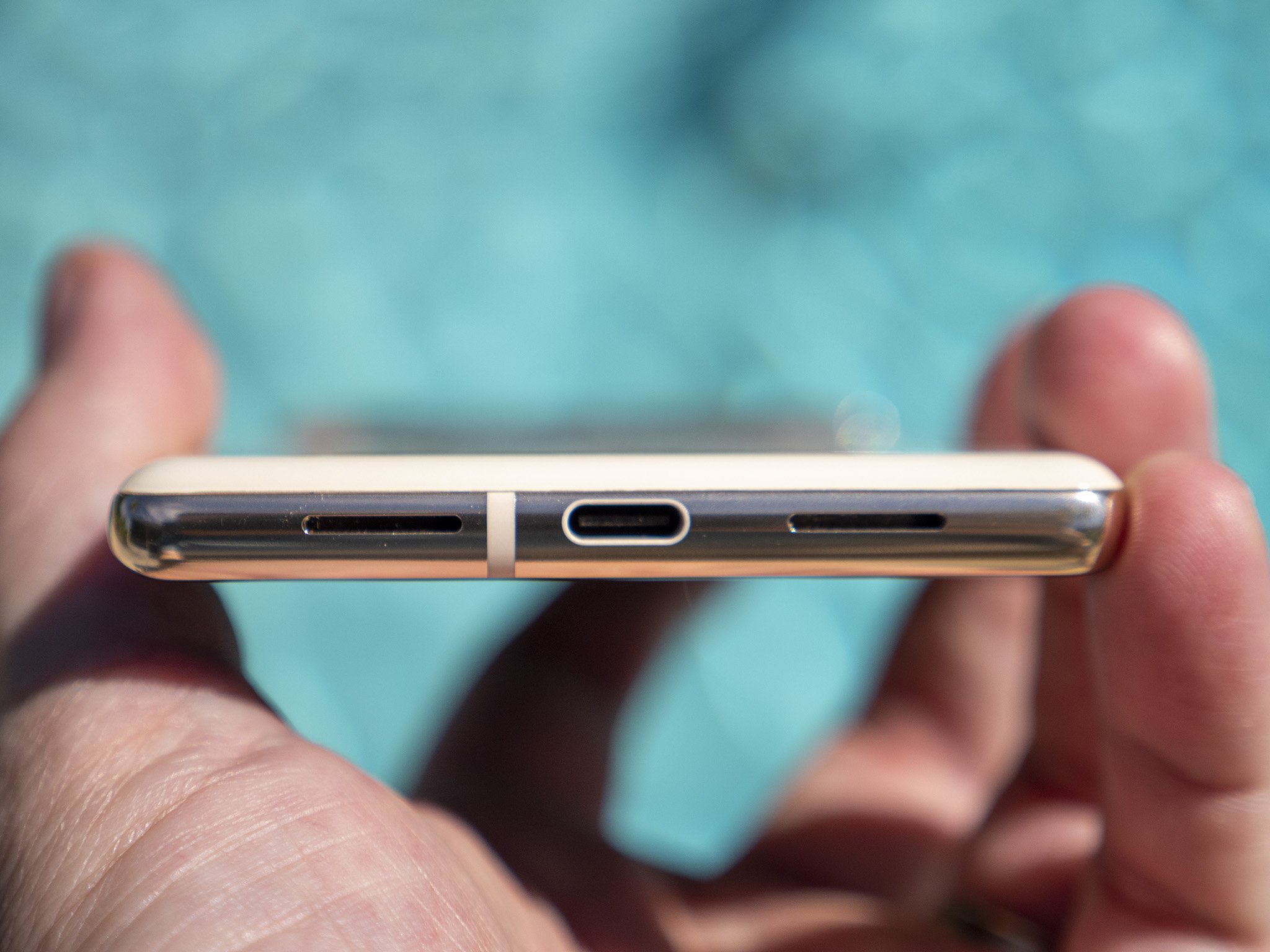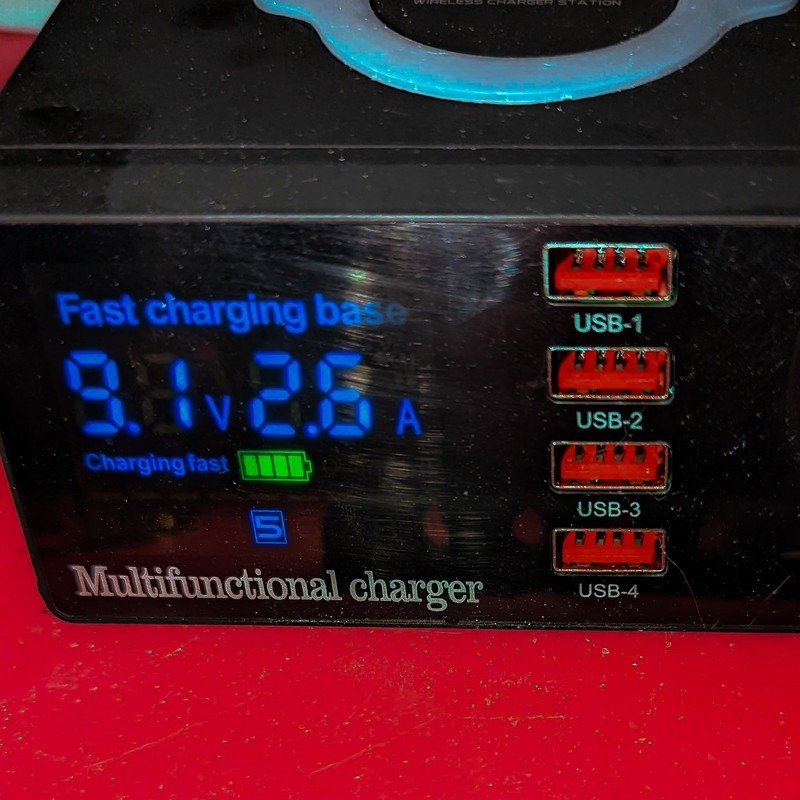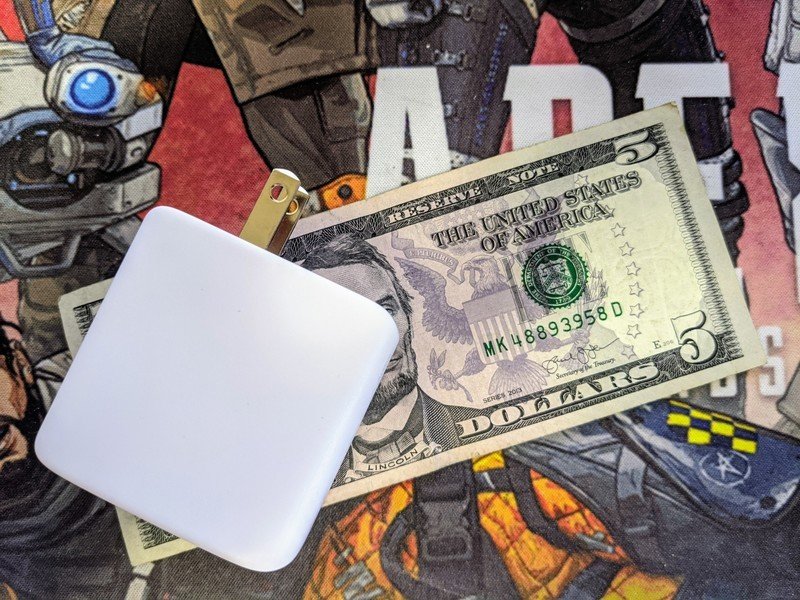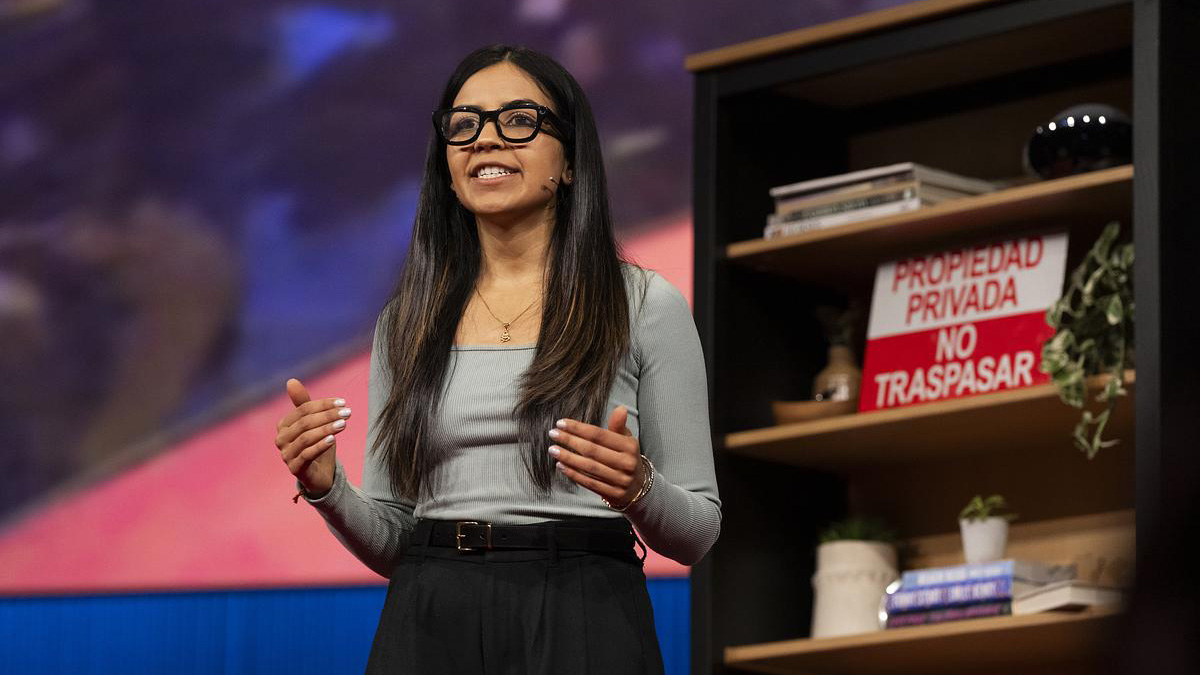You don't need Google's new 30-watt charger for your Pixel 6 because the phone can't charge at 30 watts

You know you're a smartphone enthusiast when you pay attention to all the details of every new phone. That describes many of us (myself included), and it also means we love to see how things work in the "real world" compared to how a company says they will work.
The Pixel 6 and Pixel 6 Pro are no different. I read the complaints, have some of my own, and love to see how they will be addressed because that's my job. I would do it even if it weren't, though, especially for batteries and charging. That's why a recent test at Android Authority caught my eye just as it did many others.
I'll let you read through it and decide what you want to take away from it all, but I'm also going to put in my two cents because I can't help myself: don't buy Google's new 30-watt USB C charger for your Pixel 6. You can get a better charger for the same amount of money or less, and your Pixel 6 doesn't need a 30-watt charger.
With that out of the way, here's what the fuss is about. Google claims the Pixel 6 and Pixel 6 Pro will charge from zero to 50% in 30 minutes. Google also released a new 30-watt USB C PPS charging adapter alongside the phone. Most folks, myself included, would take that to mean you need the new charger to get the advertised charging speeds. You don't.

It just so happens that I have done a bit of testing myself to see what is what here. I have a power station on my workbench that can charge devices via USB A, USB C using the PD standard, and USB C using both the PD standard and PPS (Programmable Power Supply, an extension to the Power Delivery standard by the USB-IF). It also has a built-in meter to tell me exactly how many volts and how many amps are being delivered. Best of all, it can freely supply up to 100 watts.
You don't need one of these either, but it tells us how the Pixel 6 charges. Google is correct in saying that you can charge the phone to 50% in 30 minutes. Everyone with the phone and a charger capable of supplying at least 25 watts can quickly test this. What you can't test without an actual meter is what voltage and amperage are being supplied. Thanks to Ohm's law and people who do have meters, we know the Pixel 6 (both regular and Pro) will charge at 22 to 26 watts during the most power-hungry phase of the charging cycle and not any higher. You can see the full testing curve at the Android Authority post if that's a thing you want to see.
As usual, Google causes confusion by not saying everything.
It's a lot less dramatic and more boring this way, but it turns out that Google didn't lie. It just didn't put a charger in the box, debuted a new 30-watt charger, and said the Pixel 6 would charge to 50% in 30 minutes. What Google didn't say is that it takes about an hour to get the next 50% because it charges low and slow to keep the heat down. That's what we should be outraged about.
Be an expert in 5 minutes
Get the latest news from Android Central, your trusted companion in the world of Android
A high output charger is still nice to have

None of this means you shouldn't want to buy a high-output USB C charger, but in 2021, 30 watts isn't exactly a high-output charger.
The beauty of all fast-charging systems, whether it be "regular" USB PD or something crazy like OnePlus Warp Charge, is that you're not going to overcharge your device by supplying too much voltage or too much current. If the two pieces can't communicate, it just falls back to the tired old 5 volts that USB supplies to any and everything.
I have a 100-watt GaN charger from Aukey, and it's great. It's small and can still fast charge my phone. It can also charge my headphones and my Pixelbook. It can charge anything, and if whatever I'm plugging into it follows the USB Power Delivery standard, it charges fast.
A high-output USB C charger is nice to have and worth buying anyway.
My 100-watt charger cost me about $40. That's only $15 or so more than Google's 30-watt charger. You can also buy plenty of other chargers that deliver more power and cost the same. You could even buy a 30-watt charger that costs a lot less than buying one from Google. What is important to know is that the best USB C charger doesn't come from Google because most expensive doesn't mean best.
Don't let all this confuse you. If you bought your charger from Google because you knew there wasn't one in the box, you will be able to charge your phone just fine. If you use last year's Pixel charger or a charger from Samsung, it will also be fine. If you buy a recommended charger from Amazon, it will be just fine. As long as you buy a certified USB PD charger and use the proper cord, you're not missing out on anything.

Jerry is an amateur woodworker and struggling shade tree mechanic. There's nothing he can't take apart, but many things he can't reassemble. You'll find him writing and speaking his loud opinion on Android Central and occasionally on Threads.
